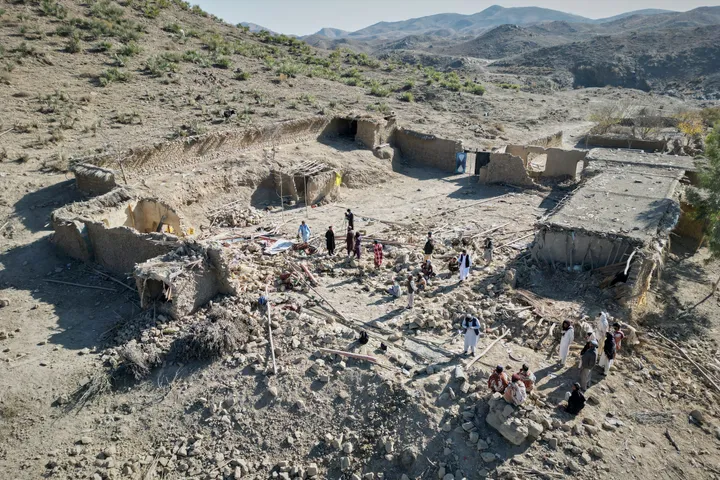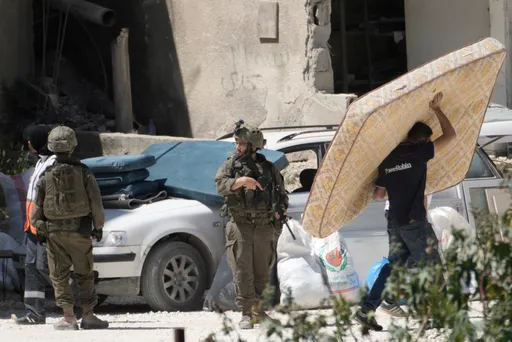The United States is the biggest arms exporter in the world. With 34 percent of the global share of arms exports, the industry is immensely important for the US economy.
Almost $60 billion worth of weapons is exported by US companies every year.
Saudi Arabia is the second-biggest arms importer worldwide with a 10 percent share of the global arms import market. Only India imports more arms with a 12 percent share of global markets, but Saudi weapons are growing every year.
Between 2013 and 2017, the kingdom increased its arms imports by 24 percent when compared to 2008 and 2012.
The US is one of the major arms suppliers to the Saudi Kingdom, representing more than 61 percent of Saudi imports coming from the States.
Relations between Donald Trump and MBS
In 2017 US President Donald Trump and Saudi King Salman signed an arms deal totalling $110 billion.
So far, the deal has been defended and praised by Trump, and according to a report by CNN more than $14 billion has been spent by Saudi Arabia buying US weapons.
Relations between the two countries are underpinned by weapons sales, oil and strategic need. Donald Trump has an argument to increase weapons sales if needed and has outlined that relations between the US and Saudi Arabia will continue irrespective of any investigation into the killing of journalist Jamal Khashoggi.
How the US exports affect the Yemen War
Crown Prince Mohammed bin Salman (also known as MBS) is the de facto ruler of Saudi Arabia and in 2015, at the behest of the young and petulant ruler, Saudi Arabia started a war against Yemen.
Ostensibly to combat Iran's influence on the Houthi rebels in Yemen, MBS increased Saudi military operations, which mainly involve airstrikes.
As a result of this campaign, thousands have been left dead and millions are on the brink of starvation.
The UN Human Rights Council has expressed concern that the indiscriminate bombing in Yemen could amount to war crimes, placing the chief architect of that war, MBS, in the crosshairs.
The report notes that coalition air strikes have caused the most civilian casualties in the war. The airstrikes have hit residential areas, markets, funerals, weddings, detention facilities, civilian boats and even medical facilities.
One of the main arms exports from the US to Saudi Arabia is aircraft.
Trump's statement on Tuesday illustrates how dependent he is on Saudi money, believing the Saudi arms agreement will create "thousands of jobs".
Whether MBS was involved in the Kashoggi killing or "had knowledge of the tragic event" does not bother the US president.
Neither does MBS's war in Yemen, the world’s worst humanitarian disaster, according to the UN, which has left more than three quarters of Yemen's population in need of humanitarian aid.
The US continues to contribute to the Saudi-led coalition bombing in Yemen by delivering the kingdom with dozens of aircraft, and yet the US administration is also leading calls to end the war.























